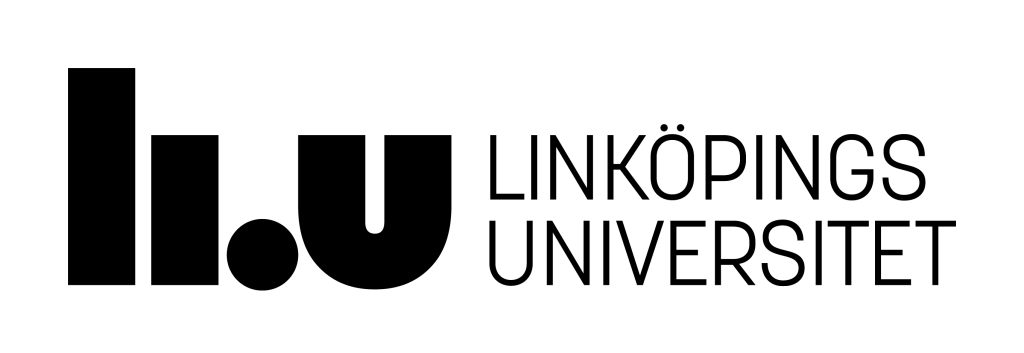Cellulose fibers have long been the backbone of bio-based materials, yet their production involves intensive resource use, chemical processing, and land dependency. In this work, we present mycelium-based fibers as a sustainable and circular alternative, offering high-performance material properties with significantly lower environmental impact. Through mild mechanical defibrillation of fungal biomass, these fibers form well-dispersed, adaptable networks that self-reinforce upon growth, enhancing mechanical strength and durability.
Unlike cellulose, which requires extensive refining, mycelium-based fibers can be cultivated using industrial side streams, enabling a low-energy, circular production process. These fibers naturally integrate into high-strength films, emulsions, and coatings, serving as biodegradable, self-assembling binders without synthetic additives. Their moisture-responsive behavior allows for tunable properties, making them ideal for smart materials, self-healing applications, and active packaging.
By combining fungal biotechnology with fiber-based material science, this approach introduces a scalable and resource-efficient alternative to cellulose fibers, demonstrating superior sustainability, adaptability, and performance for next-generation bio-based materials.







